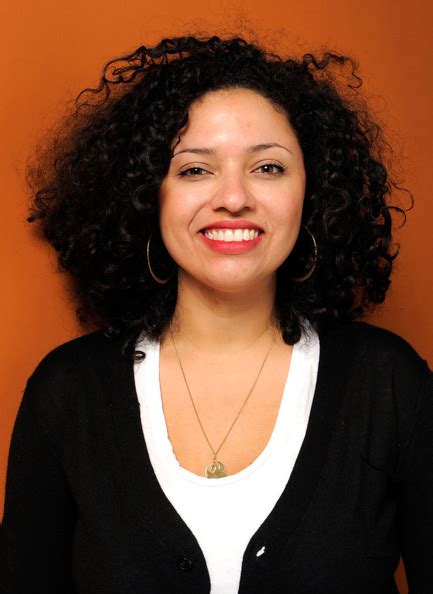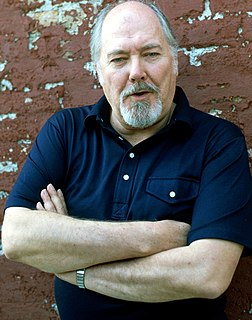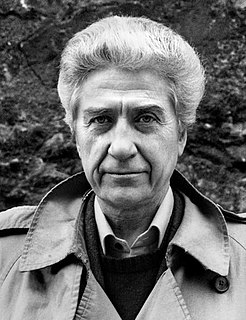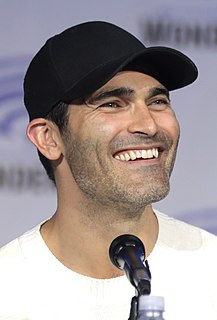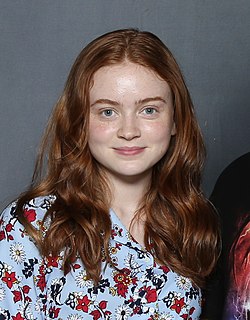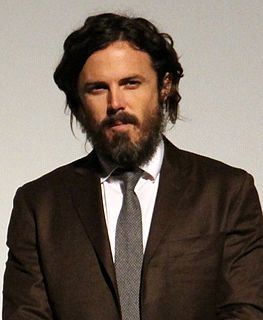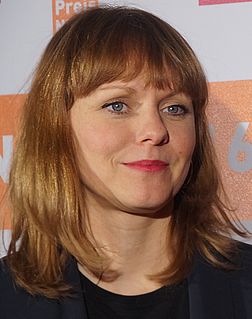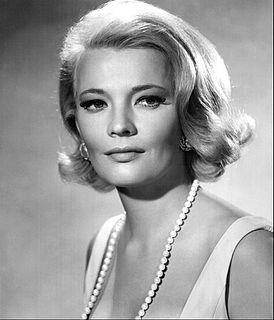A Quote by Sonia Braga
It's so sad to me [see the director's versions of films] because it shows how the filmmaker never got to make the film he had originally envisioned. You watch it and go, "Oh my god, he had to cut that scene! I can't believe it."
Related Quotes
Because I didn't go to film school, I had a collection of books that were inspiring or taught me how to make movies, shorts with my friends back in Brooklyn, and one of those books was How I Made a Hundred Movies in Hollywood and Never Lost a Dime which is Roger's autobiography. After reading that, I realized that oh my God, this guy is behind all my favorite Pam Grier movies. Oh my God, he made the Vincent Price Poe films that ran on television when I was little. He did Grand Theft Auto. He made Death Race 2000.
I love telling stories, I love for someone to see something, and go, "Oh, wow, I've never thought of it that way." Because I've had those moments in my life, where I go, "Oh, my God, I've never looked or approached this topic and had that insight or had that idea come to mind," to where it changes your life, it changes the way you see certain things. I love that. I think that's such a cool thing that we get to do by sharing stories, whether they're fiction or nonfiction.
I don't usually see what I've done. I don't often watch the film or watch the show. It's really about that experience on-set and within the scene. Because later, when the film comes out or the show comes out it's the editor's realm or the director's realm. But that moment on set, that's that electricity between me and another actor, and that's really what excites me.
We with Komplizen Film believe very much in the writer-director and in the freedom of a filmmaker. I think it's always good to be involved where you spend the money. Filmmaking, you see in the picture what the money's spent for. I never had to leave a phase of filmmaking before being really happy, and that was really a big luxury. That could happen, I think, because I am my own producer.
One of the things that I love when I go to a film or when I'm reading some book or whatever, is to be told a secret I thought only I knew and then someone says, "Oh my gosh, you know, too." And film can take us into private moments in a way that the theater, I think, kind of can't, and that's one of the reasons I like doing films. And the way a book can is that these little secrets and the private things that go on in our minds that maybe we haven't shared with anyone, and then someone writes it or shows it to you in a film, you think, "Oh, that's me. Oh my God, that's me, I have that secret."
I only watch my movies that I make once, so I can just see how it hangs together, but after that, I don't watch them again. A lot of people have disappeared from Earth that you've worked with, and they make me sort of sad once in a while, and there's really no necessity for me to watch them. I've made them, and it's on film and that's that.
There's a thing I really mind hearing, when someone says: "That's not my kind of film, I don't want to go and see that..." I don't believe that, I don't believe that it's possible to write off a whole genre of filmmaking - "oh I don't like subtitled films", or "I don't like black and white films", or I don't like films made before or after, a certain date" - I don't believe that.


